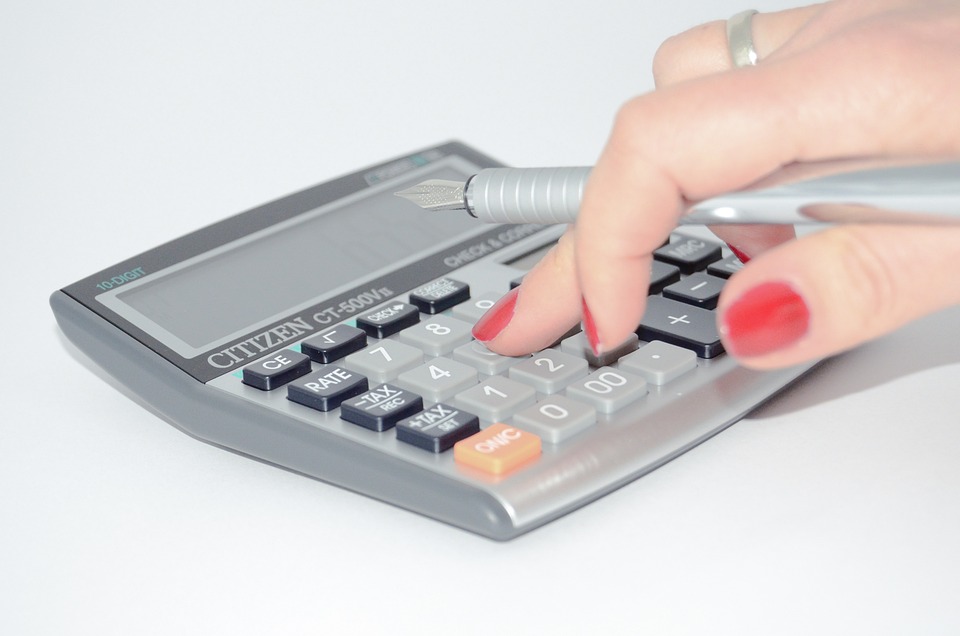
23 Dec How do I pay taxes on my I Bond interest?
Photo: pixabay.comQ. I bought my first non-paper I Bond earlier this year. I know that I have the option of paying income taxes annually or just once after I redeem it. But if I opt to do it annually. How do I know how much interest income to report?
— Investor
A. I Bonds have been very popular this year.
Because of higher inflation, the interest rate on the bonds was nearly 10% earlier this year. Bonds purchased today receive less, but still a healthy rate, at 6.89%.
Let’s first talk about estimated taxes.
In order to avoid a tax underpayment penalty, you must pay in the smaller of two amounts, said Bernie Kiely, a certified financial planner and certified public accountant with Kiely Capital Management in Morristown.
“The first amount is 90% of your current year’s income tax,” he said. “The second amount is 100% of your prior year’s tax — 110% if your adjusted gross income was $150,000 or more, or $75,000 if single.”
The amounts you pay may be through tax withholdings on paychecks or investments, by quarterly estimated tax payments or a combination of both, he said.
Kiely said estimated tax payments are paid quarterly based on your income for that quarter. If you have no income for a quarter, you are not required to pay any estimated tax for that quarter.
“In your case, if all your income is from interest from U.S. Savings Bonds that you redeem once per year, you should either have federal tax withheld from the source or else make a quarterly estimated tax payment,” he said. “You should estimate the amount of tax due before you redeem the bond.”
Email your questions to .
This story was originally published on Dec. 23, 2022.
NJMoneyHelp.com presents certain general financial planning principles and advice, but should never be viewed as a substitute for obtaining advice from a personal professional advisor who understands your unique individual circumstances.

